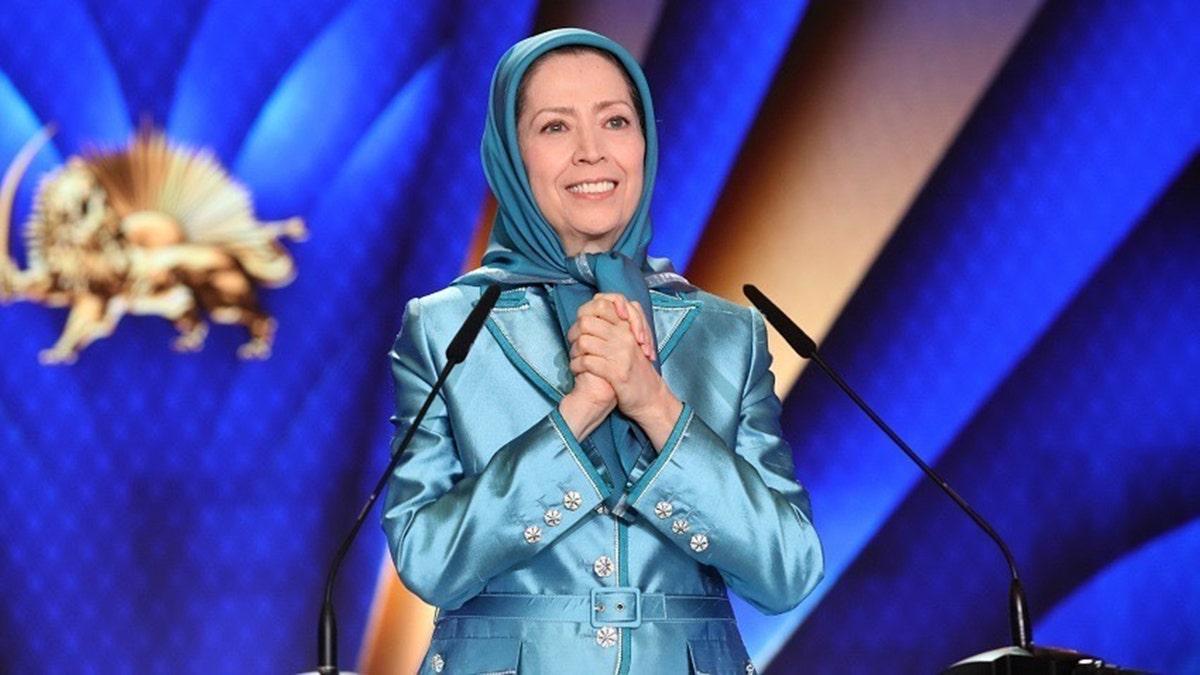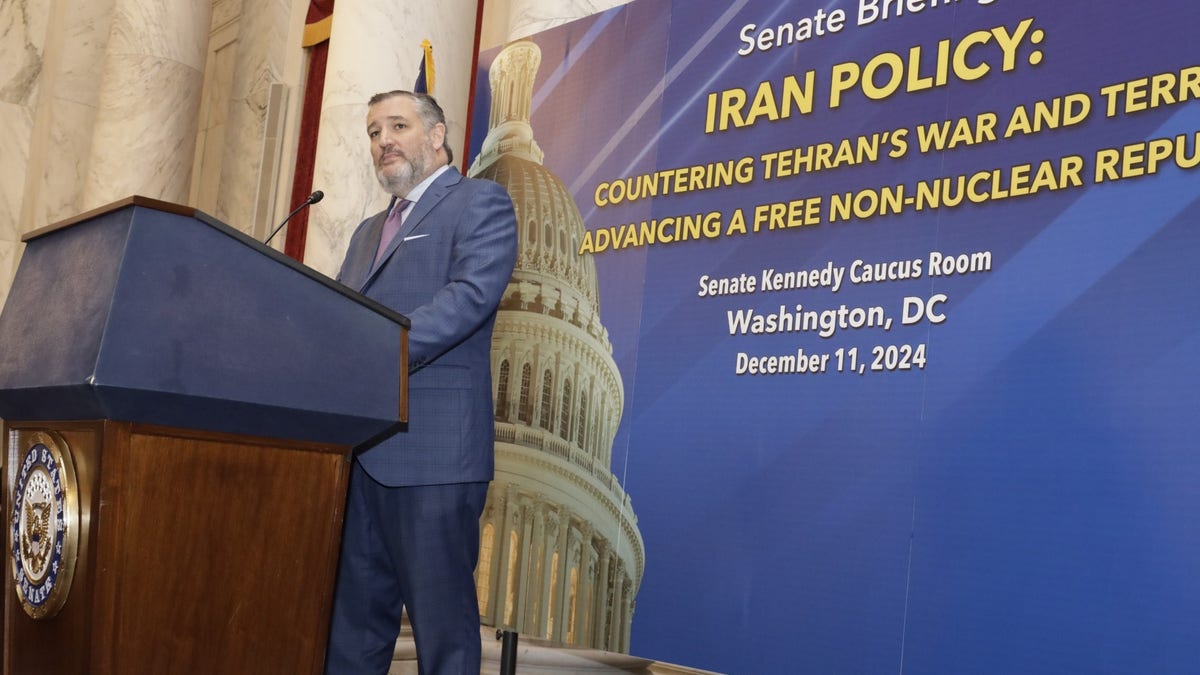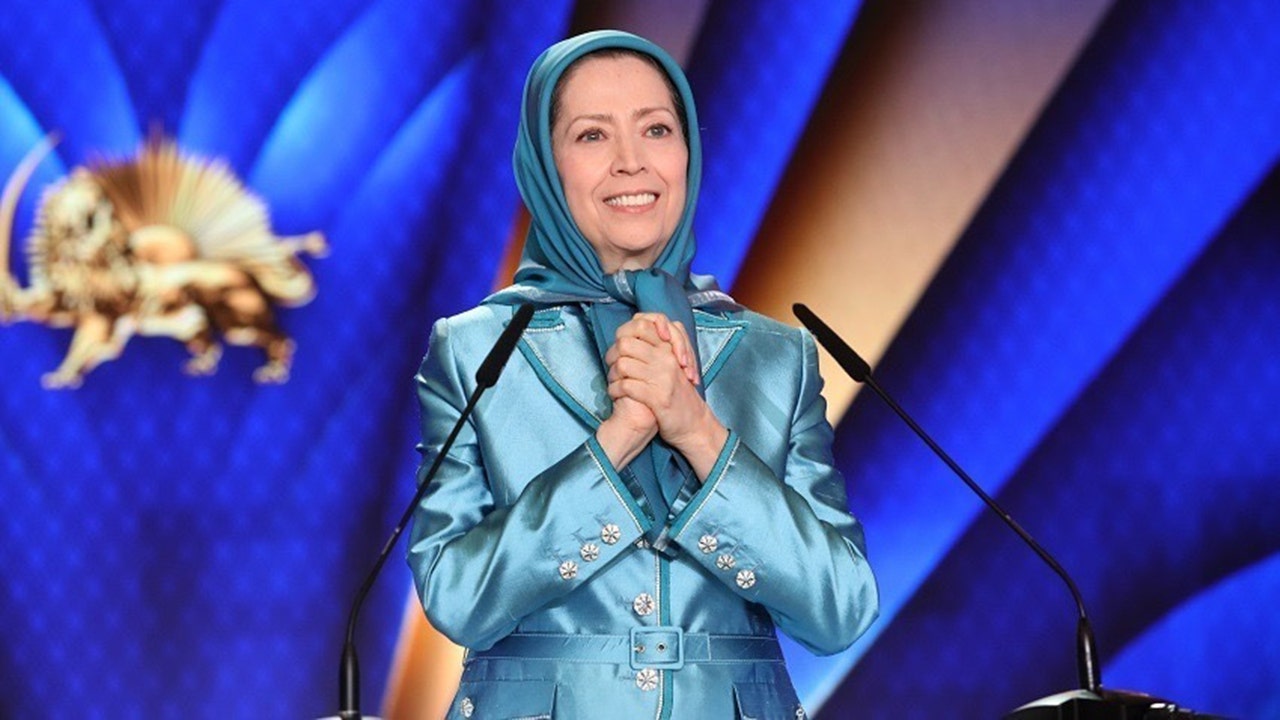With the fall of Syria’s Bashar al-Assad over the weekend and a new White House on the horizon, Iranian resistance leaders and U.S. lawmakers alike have begun expressing hope that Iran will topple its own leadership in a similar fashion, with U.S. help.
“There’s a real chance for regime change right now, that’s the only way you’re going to stop a nuclear weapon,” Sam Brownback, former U.S. ambassador for International Religious Freedom, told Fox News Digital at a Senate panel on Iran on Wednesday.
“It’s not just now or never, it’s now or nuclear,” he said, as Iran enriches uranium to near-nuclear-capable levels.
A bipartisan group of senators spoke in support of toppling the Iranian Ayatollah Ali Khameini – both through a return to former President Trump’s “maximum pressure” campaign through sanctions and supporting the Iranian resistance movement – a piece that was missing during the first Trump administration.
Khameini has ruled Iran for 35 years.
THE RISE AND FALL OF BASHAR AND ASMA ASSAD
“We have an obligation to stand together with allies in making sure this regime’s suppression will come to an end,” said Sen. Cory Booker, D-N.J., at the event, which was hosted by the Organization for Iranian American Communities.
“Iran is projecting only weakness,” said Sen. Jeanne Shaheen, D-N.H. “Now is the time to think about how we invest more in the core values that we all share: democracy, human rights, justice for everyone.”
“I have, for a long time, been willing to call quite unequivocally for regime change in Iran,” said Sen. Ted Cruz, R–Texas.
It was a stronger message than has often recently been heard in Washington, D.C. circles, where there has been little appetite for getting further involved in the Middle East.
“The ayatollah will fall, the mullahs will fall, and we will see free and democratic elections in Iran. Change is coming and it’s coming very soon,” the Texas Republican predicted.
“We will return to a maximum pressure policy,” he added, “cut the cruel regime from resources from every direction possible – we are going to shut down nuclear research facilities, we are going to cut off their oil.”
ISRAEL’S UN AMBASSADOR INSISTS NATION IS ‘NOT GETTING INVOLVED’ IN SYRIAN REGIME CHANGE
“There is a cottage industry in Washington to promote the goals and objectives of this regime,” said Marc Ginsberg, former U.S. ambassador to Morocco. “You saw here there were Democratic senators to say to you, ‘We don’t buy this. We can make this a bipartisan effort.'”
The Biden administration has issued Iran sanctions waivers in hopes of future nuclear negotiations, and has expressed no interest in helping to topple the ayatollah. On Wednesday, Biden renewed a sanctions waiver granting Iran access to $10 billion in payments for energy from Iraq.
And asked if he would like to see Iran change its ruling system, Trump told Iranian American producer Patrick Bet David in October: “We can’t get totally involved in all that. We can’t run ourselves, let’s face it.”


“I would like to see Iran be very successful. The only thing is, they can’t have a nuclear weapon,” he also said.
But Brownback, a Trump appointee, insisted the U.S. must involve itself in regime change through supporting Iran’s opposition.
“I think we need to support politically the opposition inside of Iran,” he said. “Provide them equipment, provide them information… the regime is not just going to walk away. You’ve got to force them out.”
And Iran watchers believe the fall of Assad, who was heavily backed by Iran and its proxy force Hezbollah, is the perfect moment to do that.
“The tectonic shift in the Syrian government… should mean to the people of Iran that change is in fact possible in the Middle East,” said Gen. James Jones, former White House national security adviser and supreme allied commander of Europe.
“The change in administration has already caused tectonic shifts in geographic alignments,” he went on. “Appeasement does not work. Iranian regime does not do nuance.”
Maryam Rajavi is president-elect of the National Council of Resistance of Iran, the main resistance group in Iran.
“The people, who are deeply discontented and angry, along with the resistance units, who are part of the Army of Freedom and the main force of change in Iran, they are preparing an organized uprising,” she told the panel.
Rajavi and her political group have a 10-point plan for regime change that calls for rebuilding an Iranian government based on separation of religion and state, gender equality, abolition of the death penalty and denuclearization.
“Our goal is not to seize power but to restore it to its rightful owners, the people of Iran and their vote.”
Unlike the first Trump administration, Iran is now facing military attacks on other fronts through its proxies Hamas in Gaza and Hezbollah in Lebanon. It’s unclear whether this weakened position would prompt them to bow to U.S. pressure or lash out even further. But one thing is clear: U.S. support for regime change would be a massive escalation in tensions between Washington and Tehran with unknown consequences.
Read the full article here









